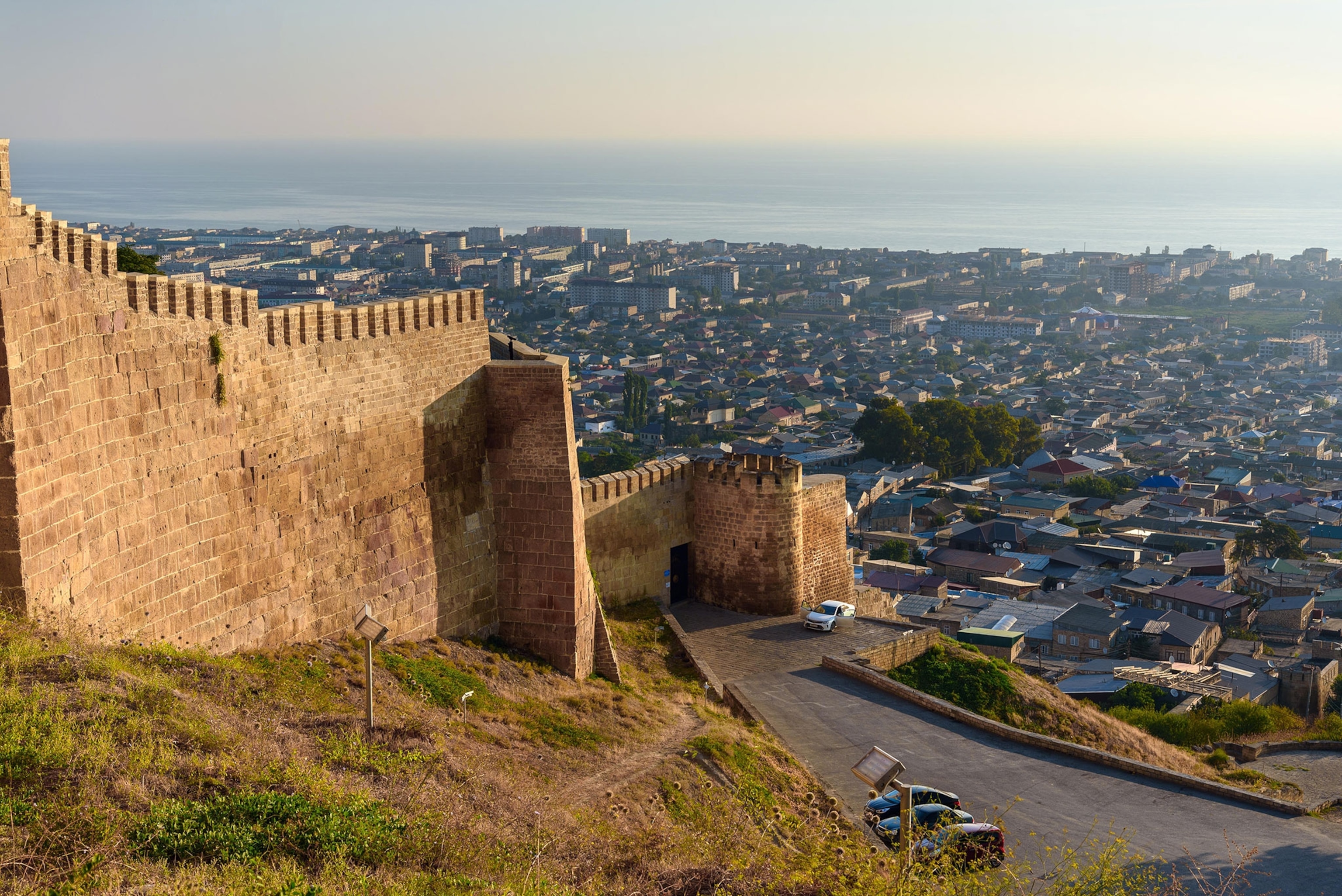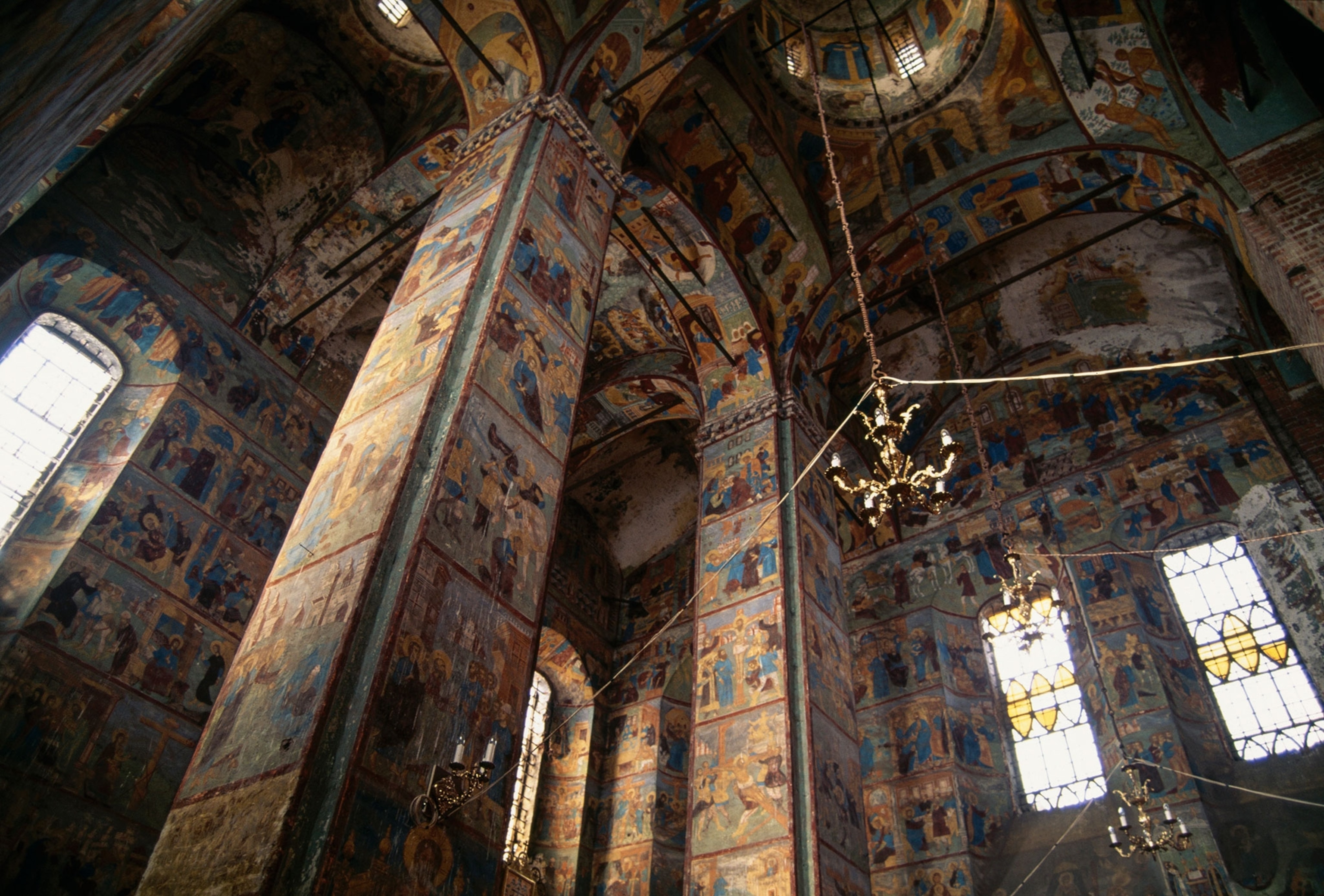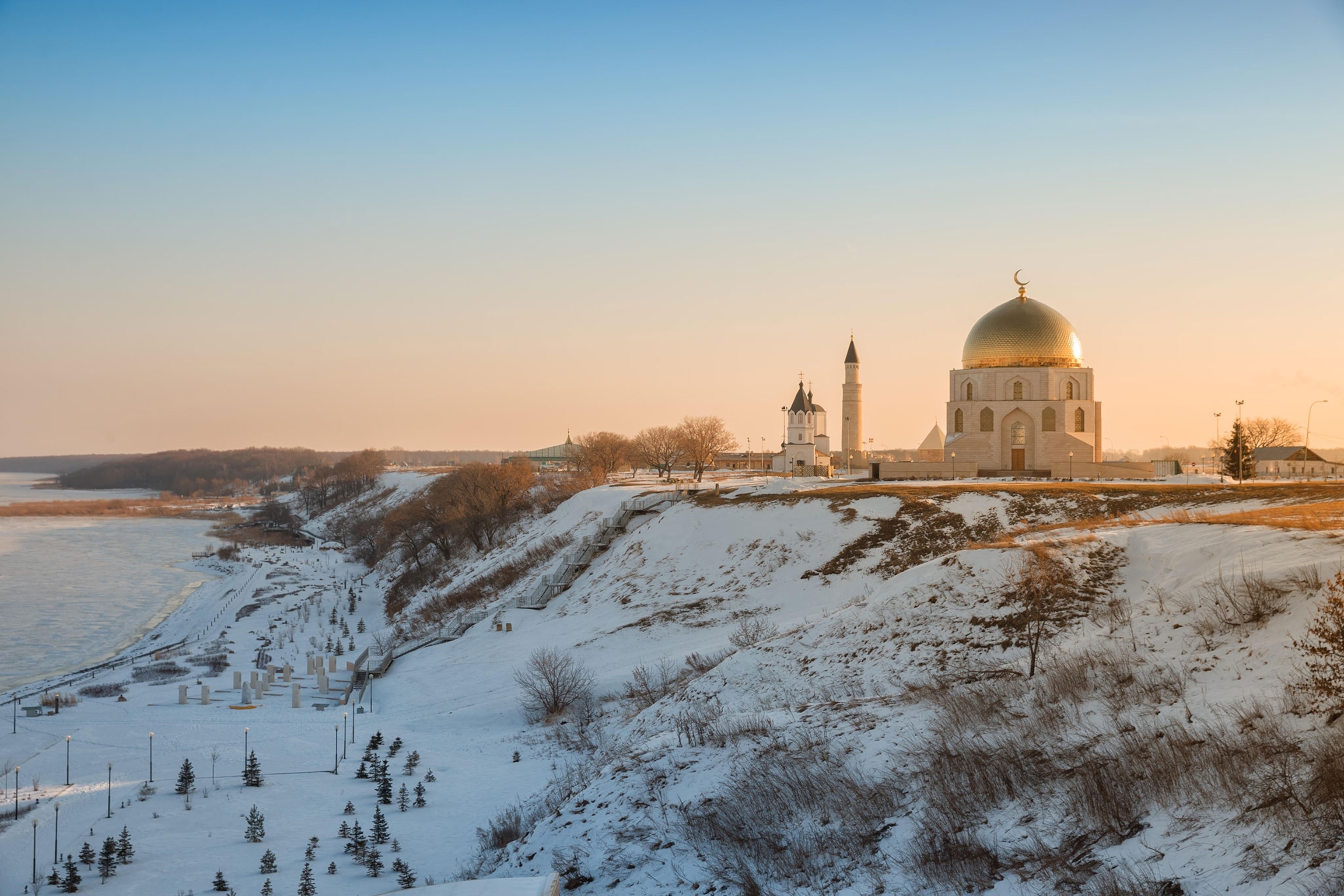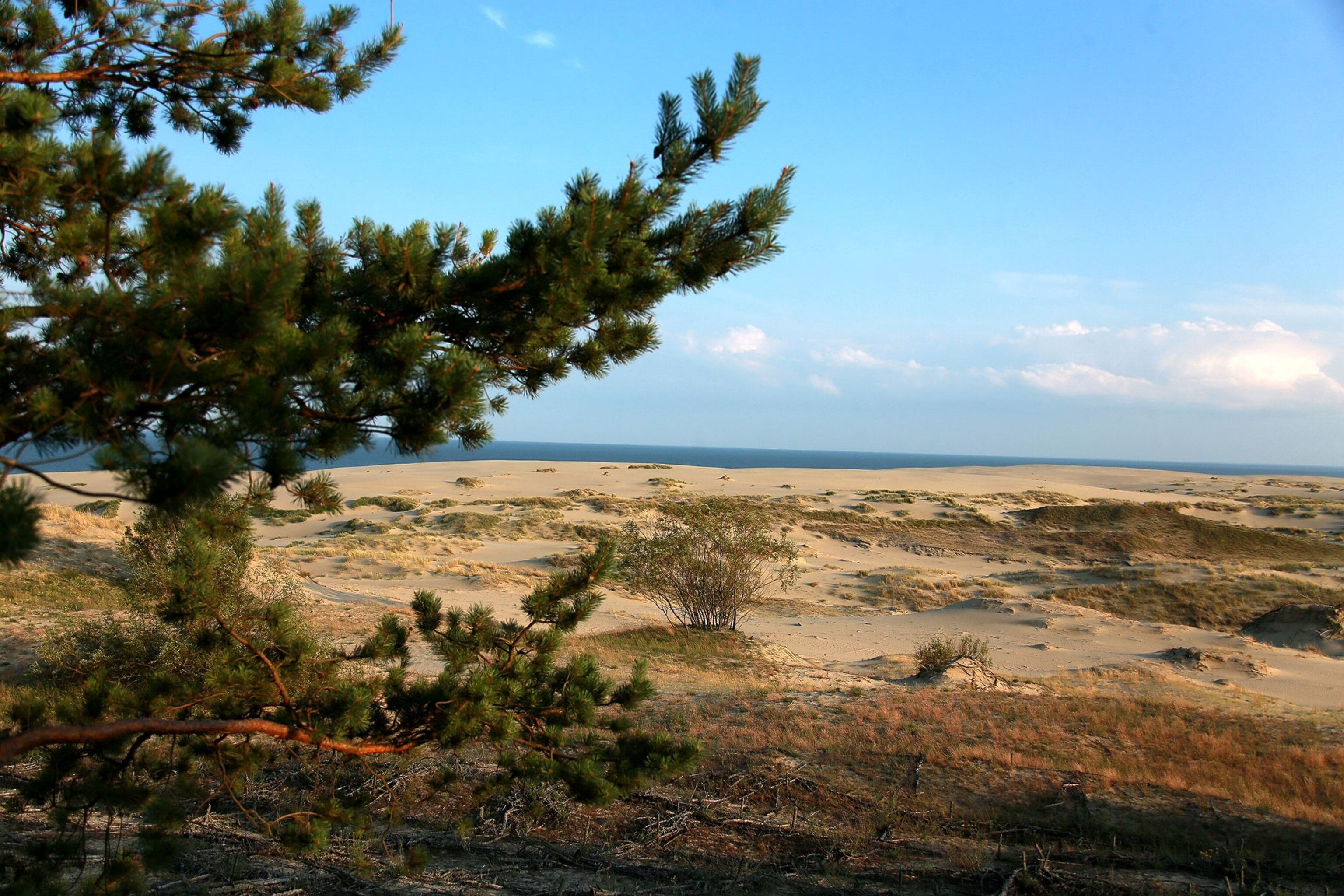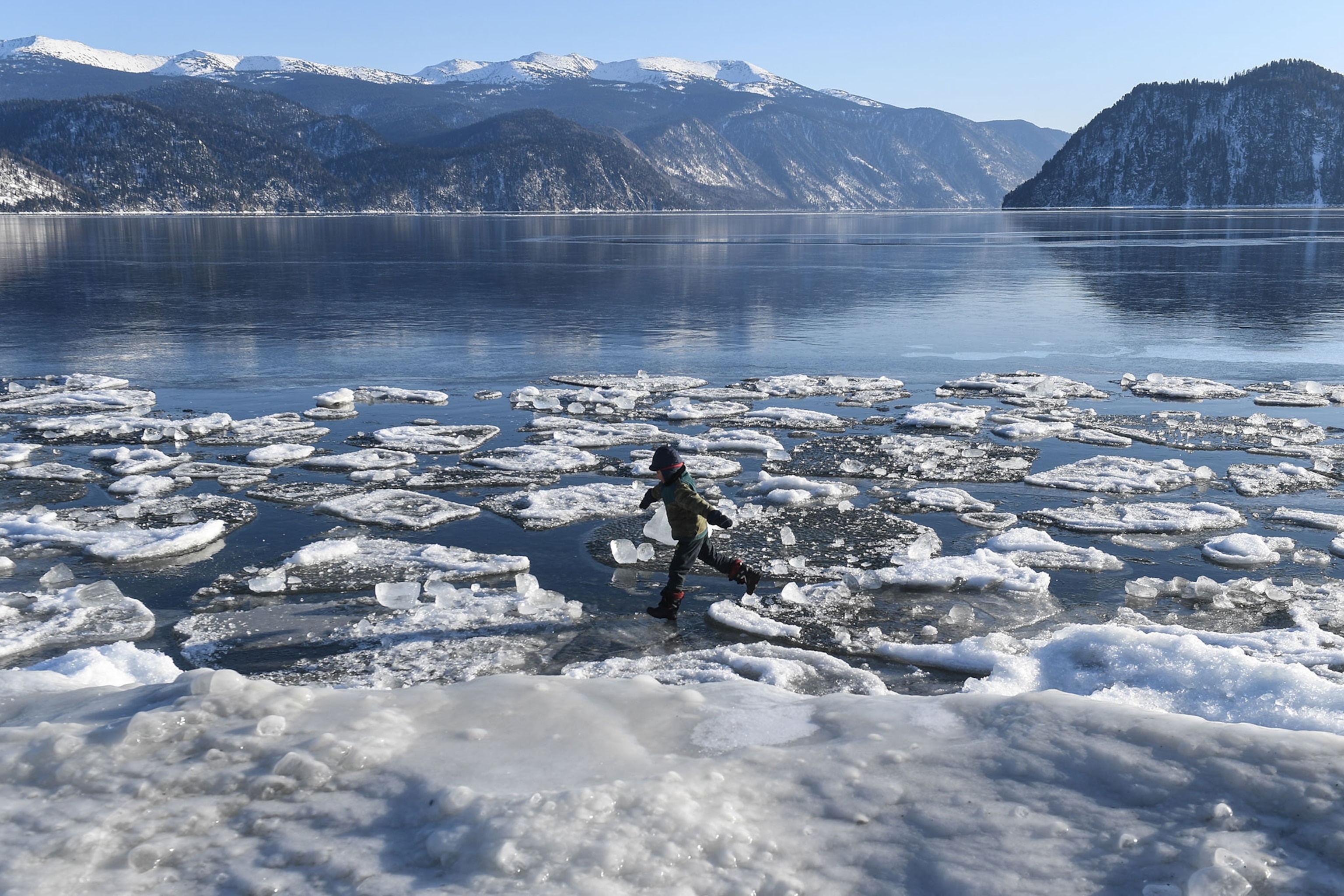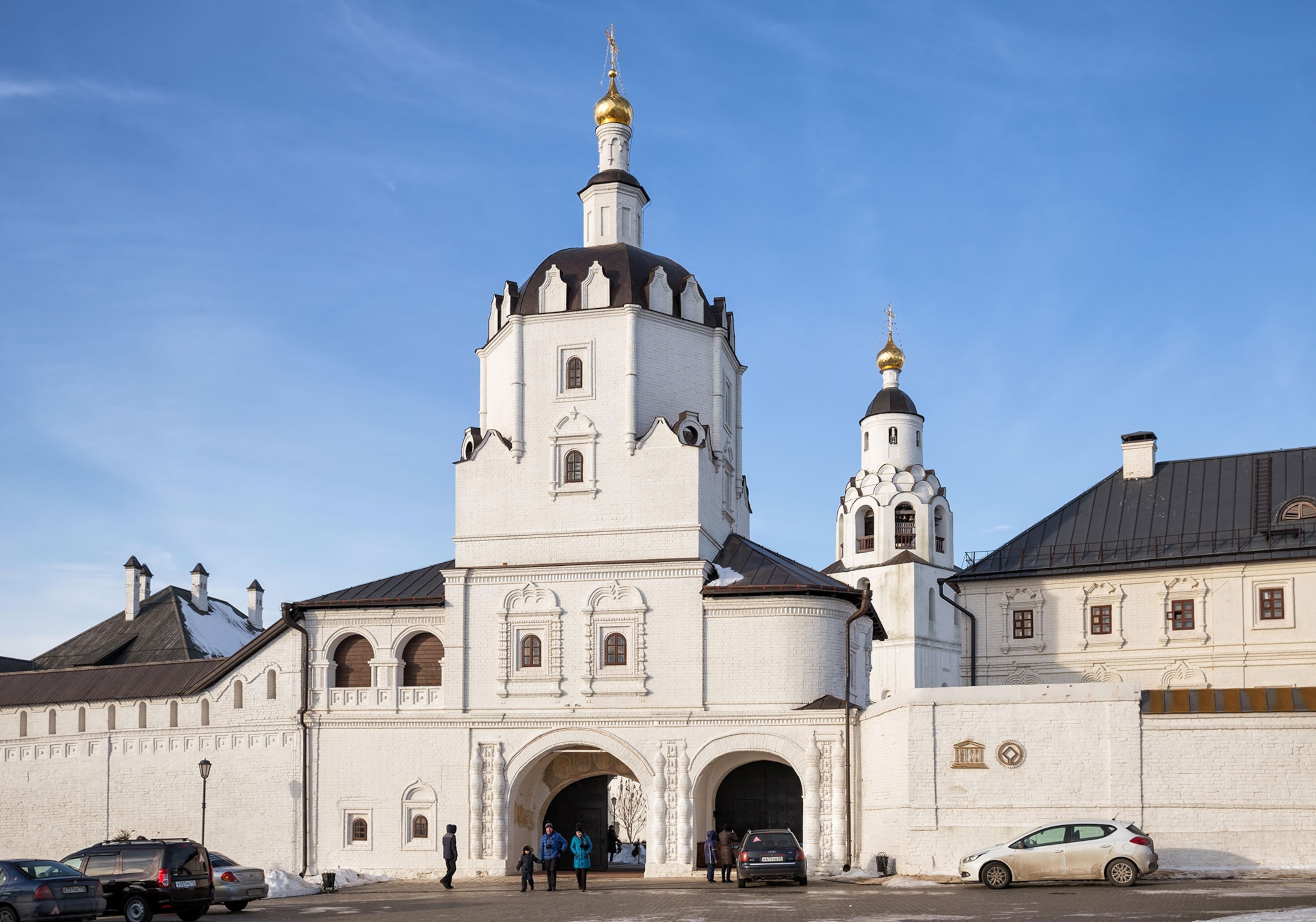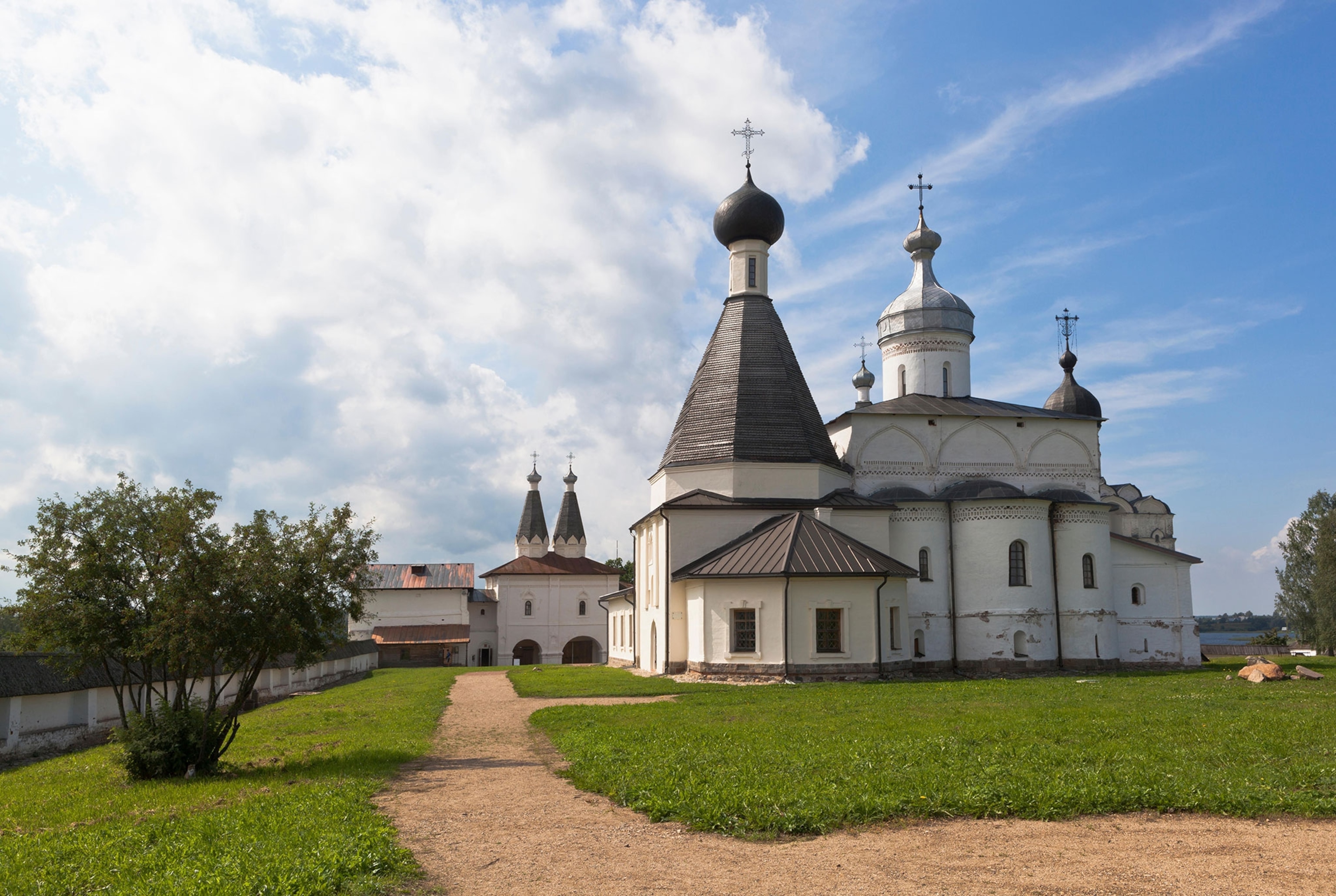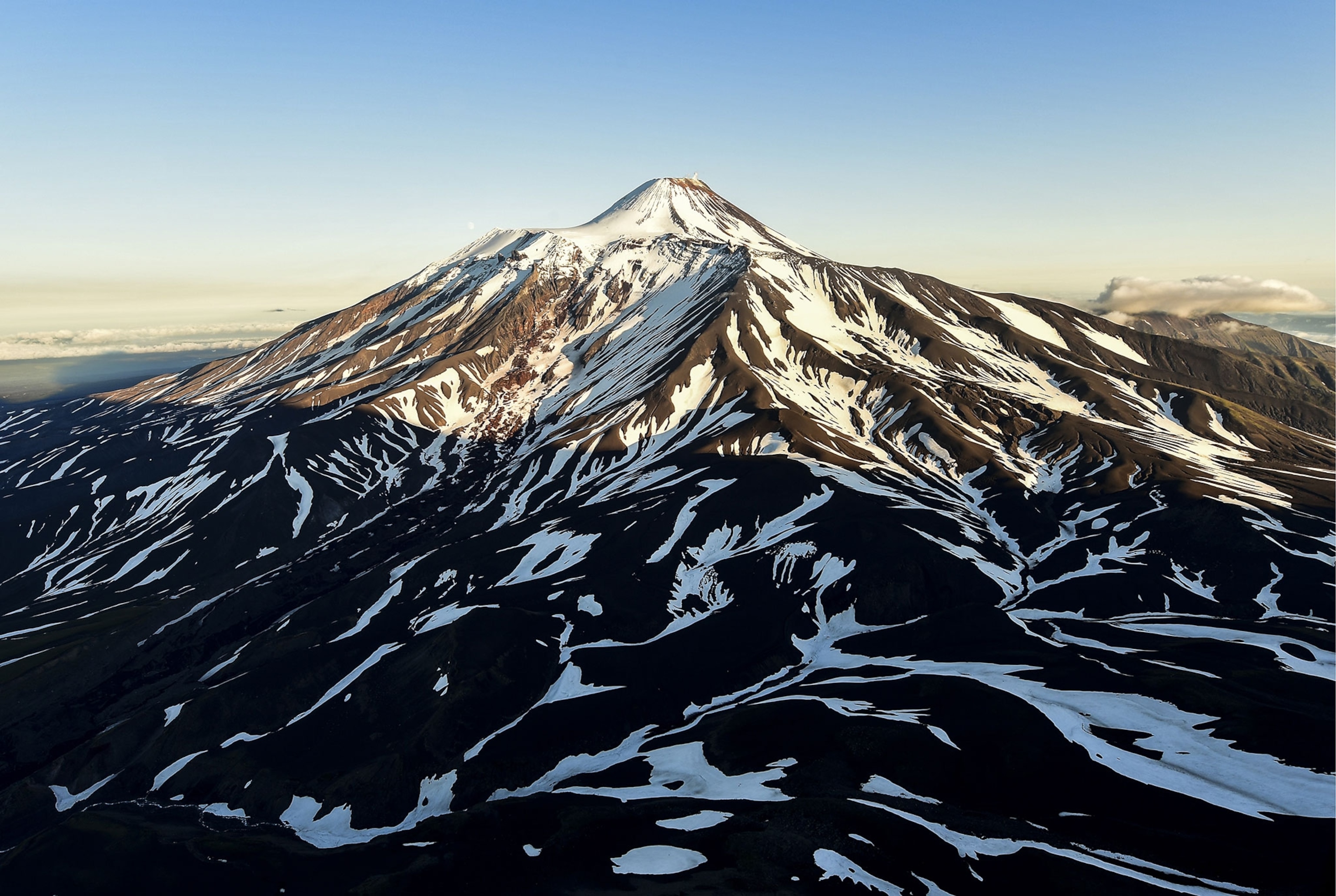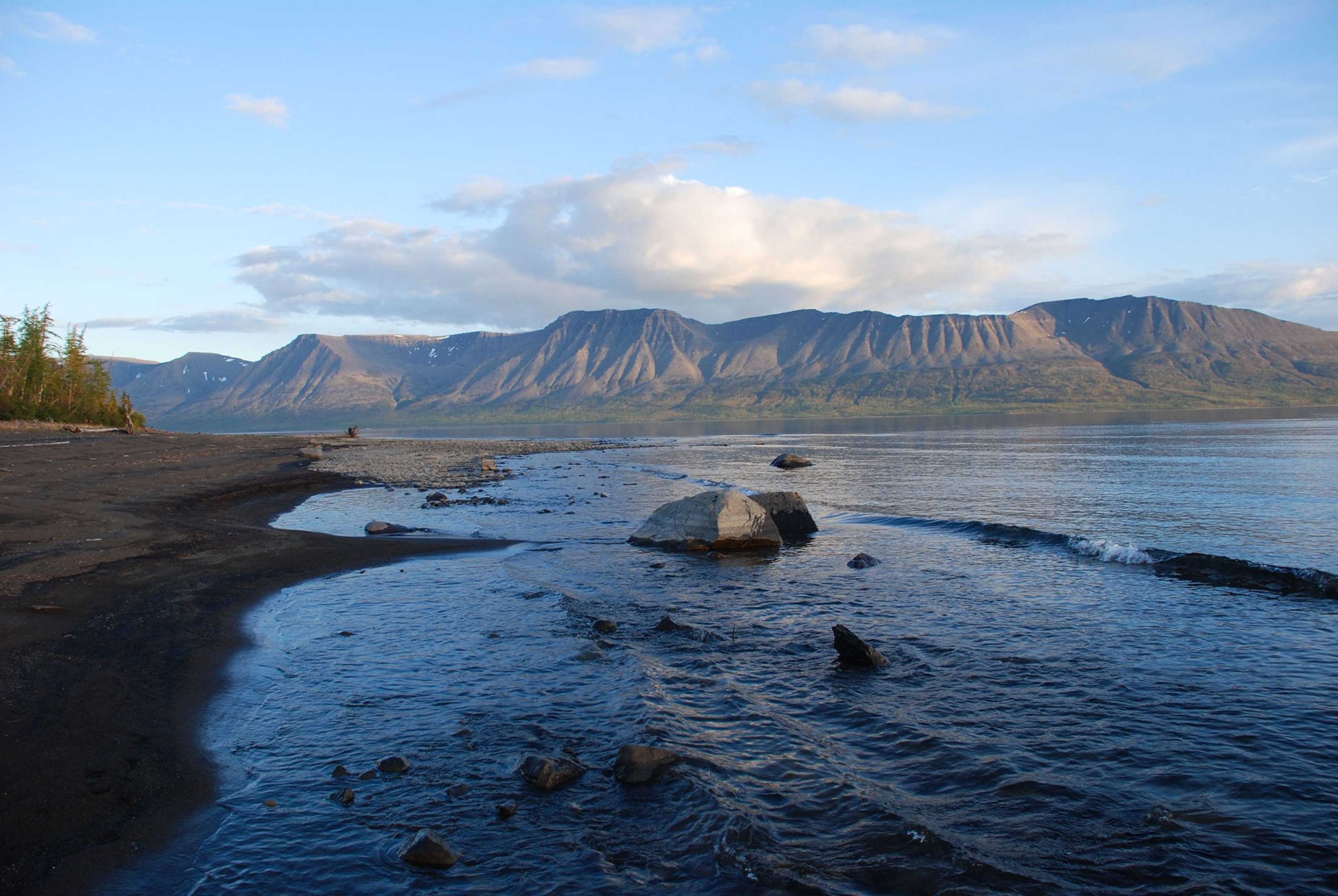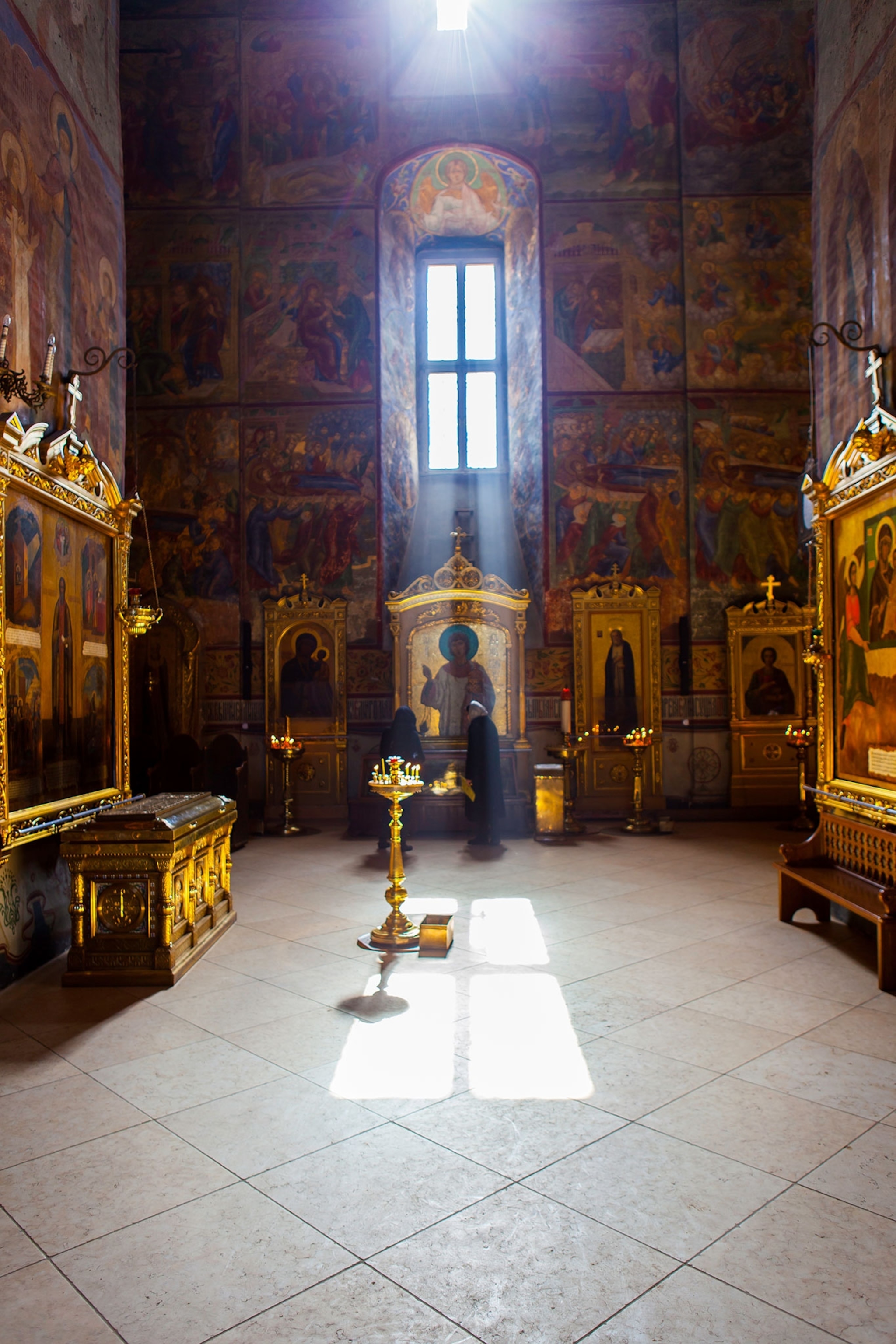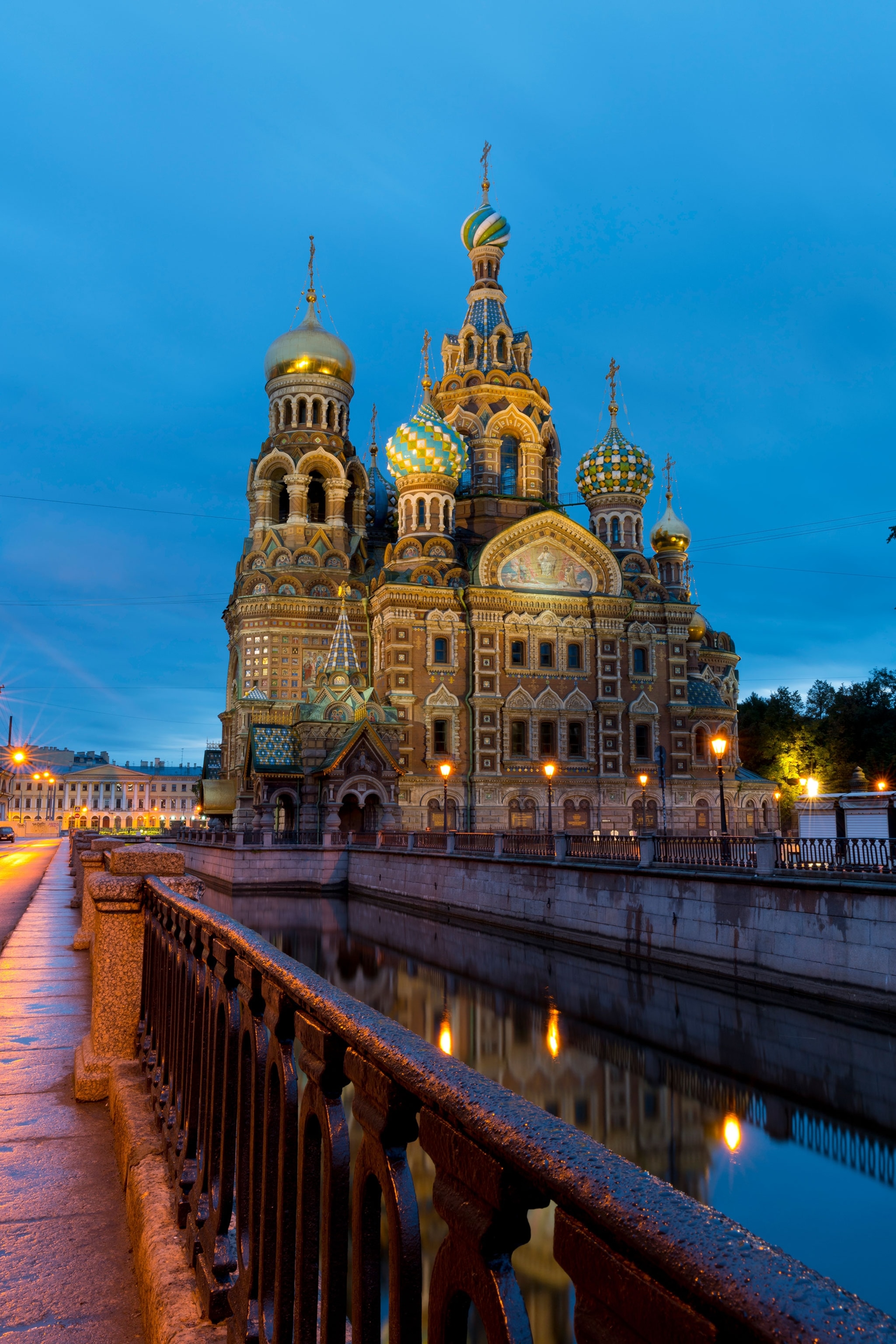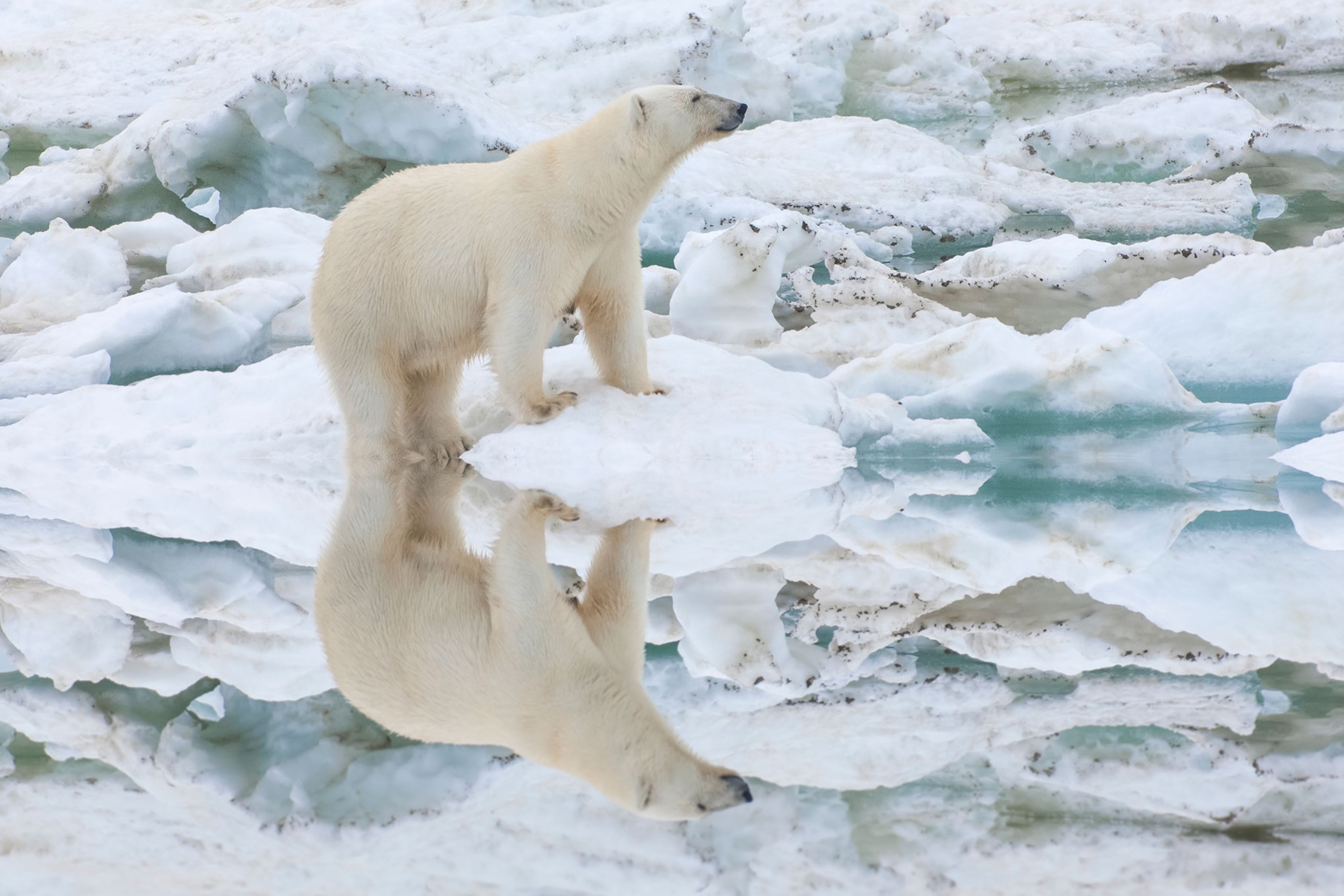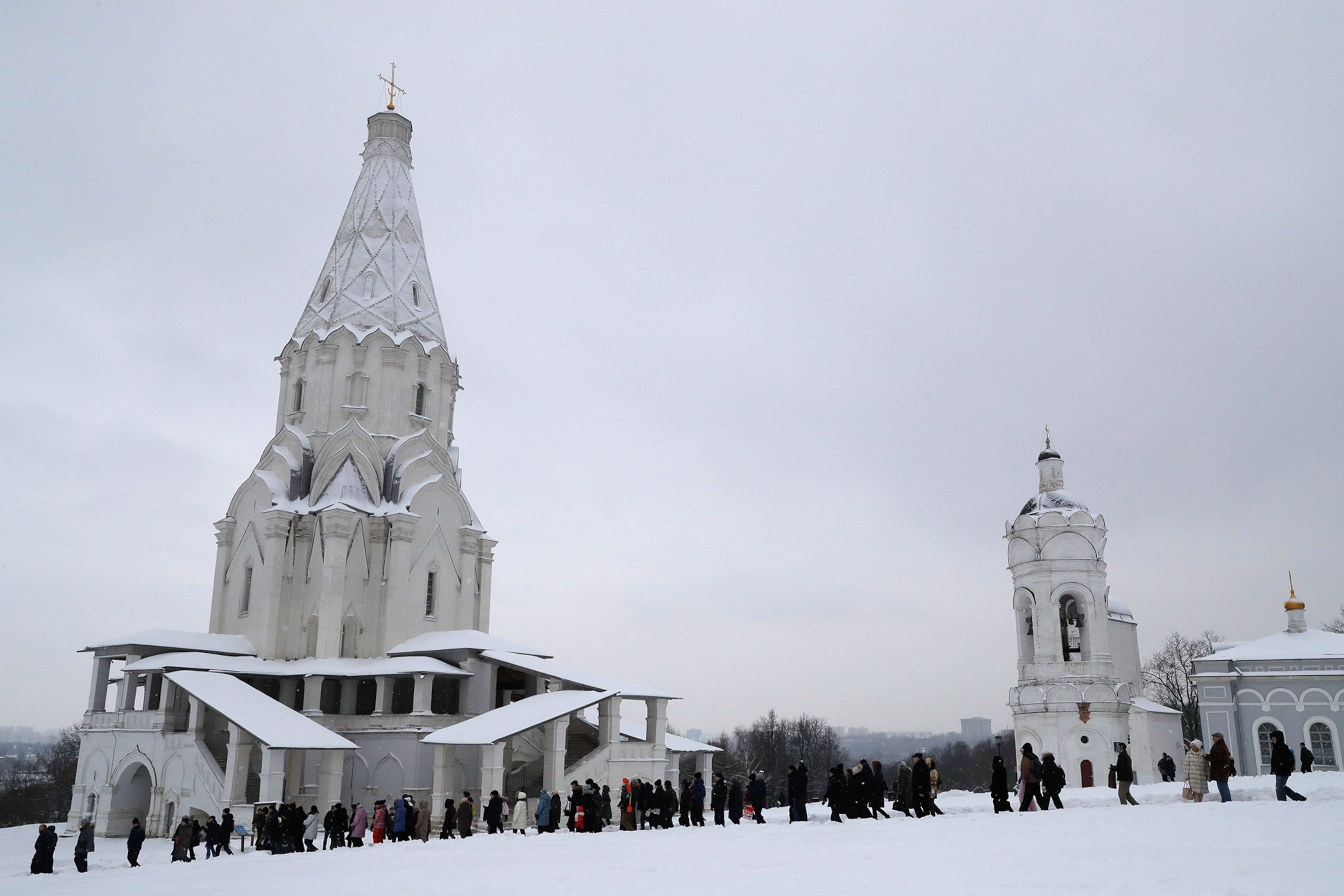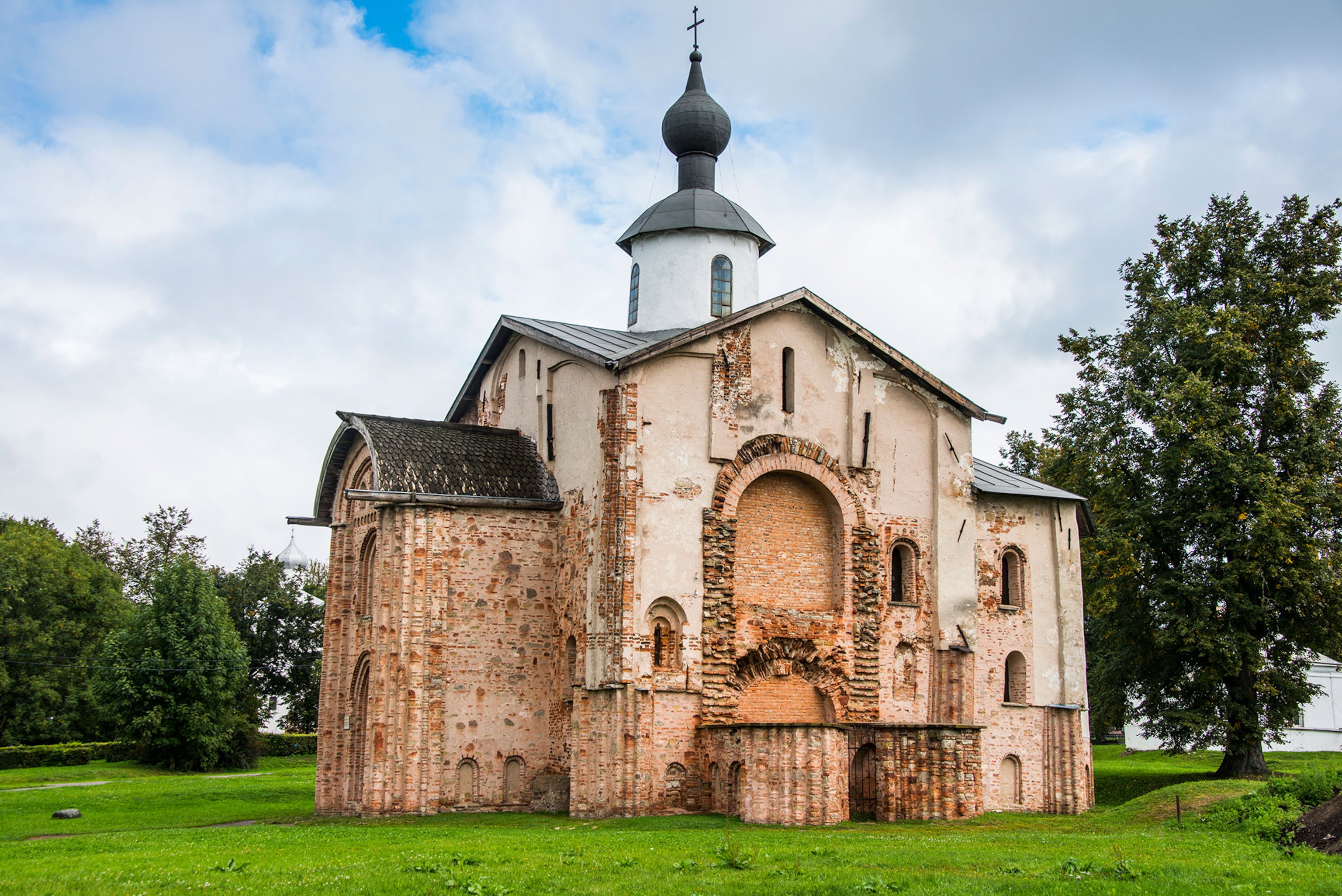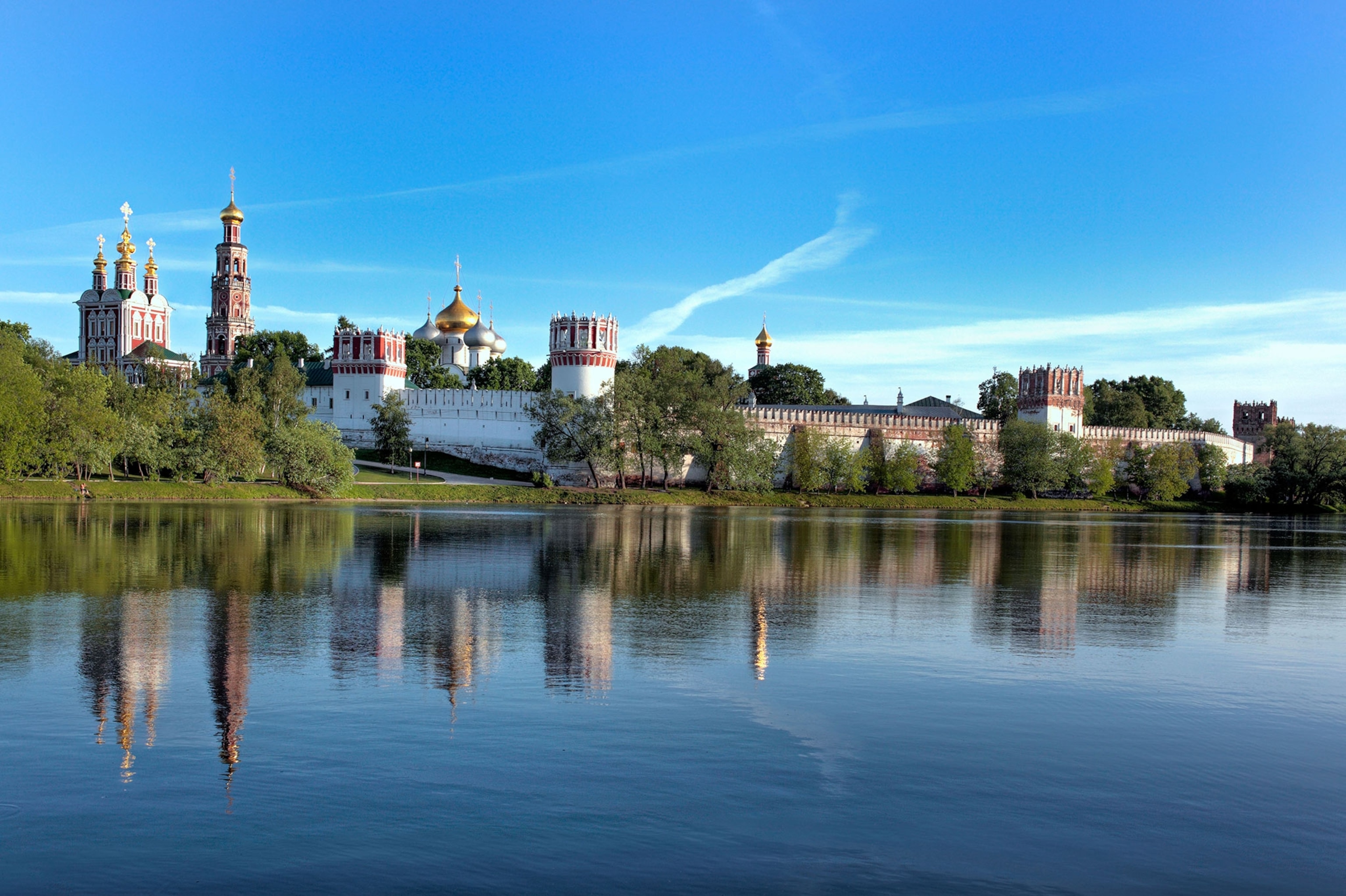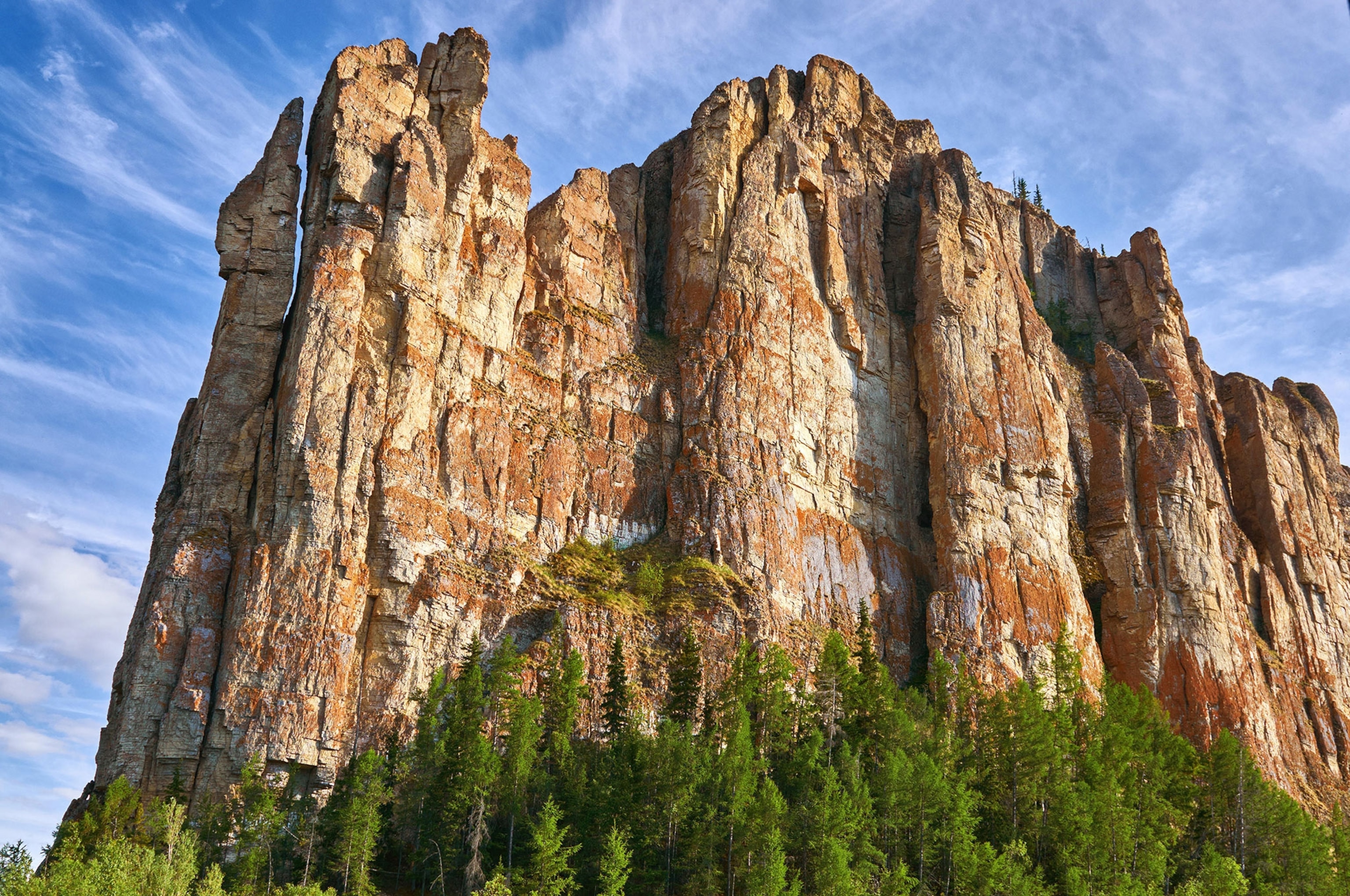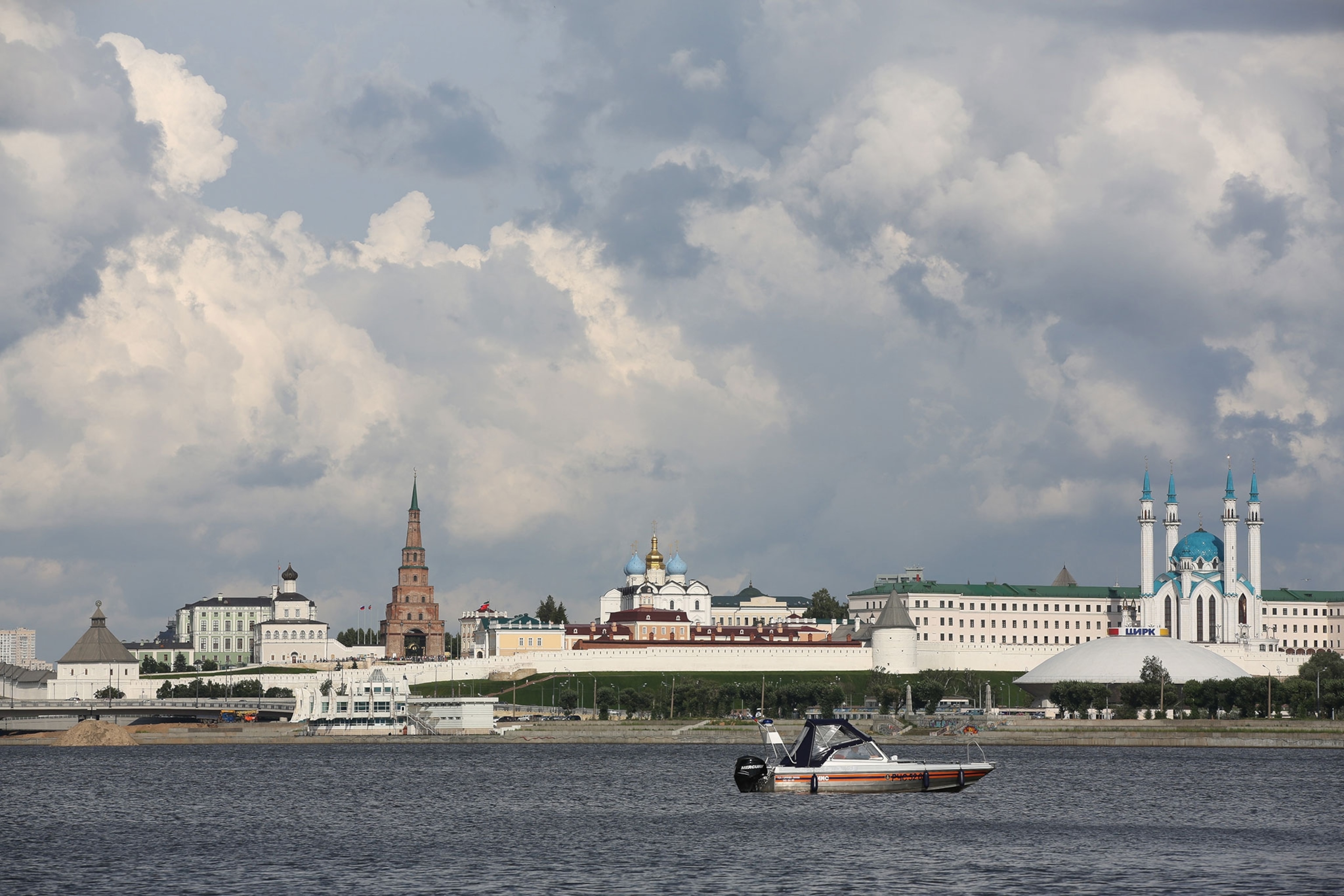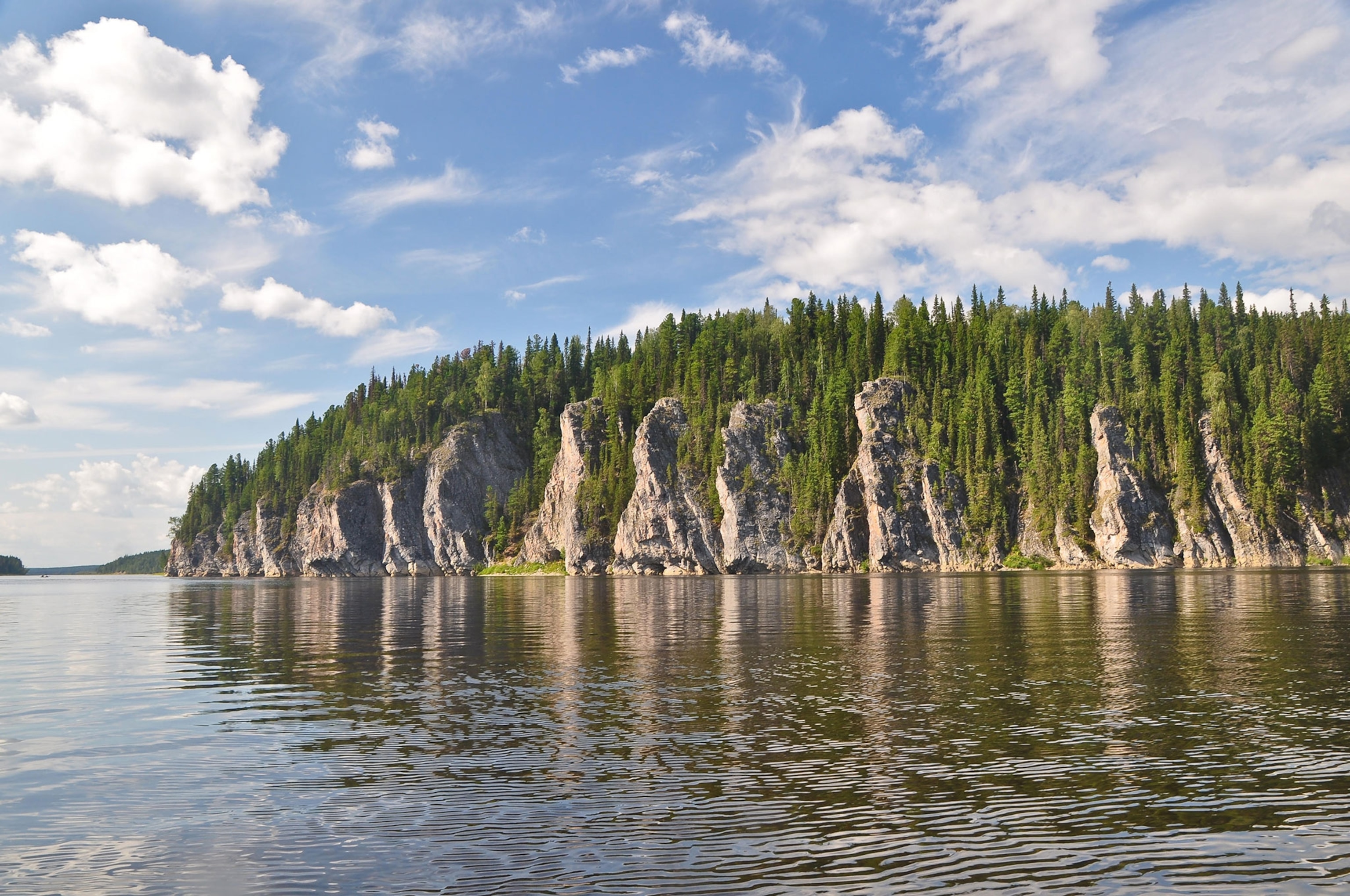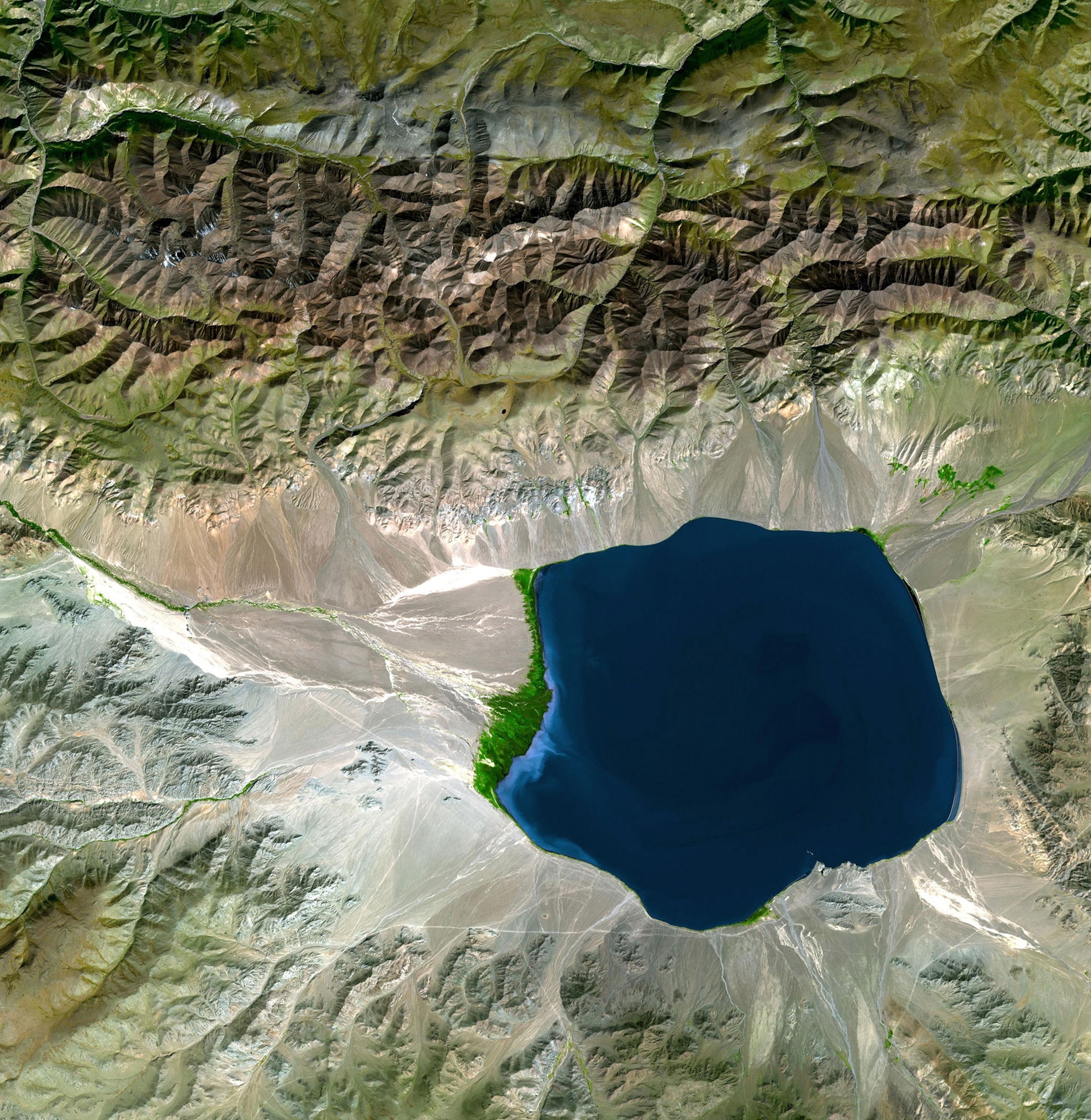25 of Russia’s Natural and Cultural Treasures
From wild landscapes to architectural splendors, these World Heritage sites reflect an extraordinary history, culture, and natural beauty.
There is nothing small about Russia. From its vast expanses of tundra to its turbulent political history and far-reaching contributions to international literature and philosophy, everything about the country is outsized.
Russia has fascinated the outside world for centuries, but the Cold War put a damper on Western tourism and cultural exchange for a time. After the dissolution of the Soviet Union in 1991, visitors began arriving in droves to experience sights that had previously been off-limits.
One sign of this opening was a rush of World Heritage site designations in the early 1990s after the fall of the Soviet Union. Today, Russia’s 28 UNESCO World Heritage sites reflect the country’s vibrant variety of history, culture, and natural beauty.
The sites made by human hands include magnificent cathedrals that testify to the power of the Russian Orthodox Church, as well as mosques that serve as a reminder of past Islamic rule, government palaces, and citadels. Other heritage sites represent the country’s natural beauty: arctic landscapes where polar bears and walruses roam, untouched lakes that contain much of the world’s freshwater reserves, and mountain ranges that give refuge to snow leopards.

